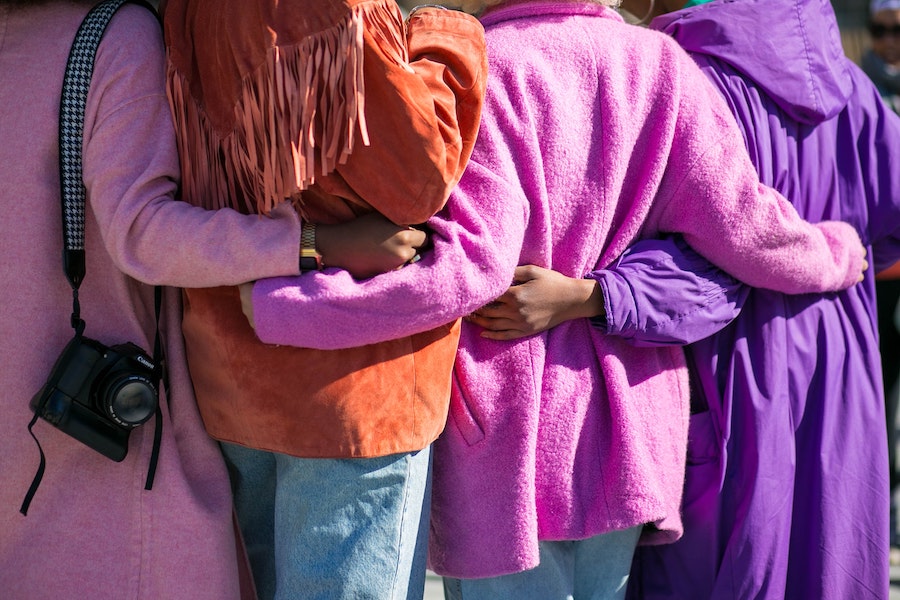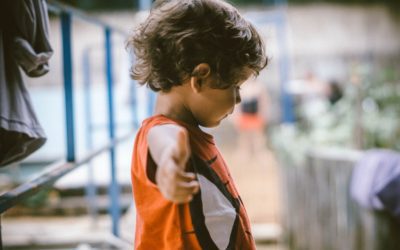
About 3.6 percent of U.S. adults struggle with post-traumatic stress disorder (PTSD) – that’s nearly 9 million people. Of those diagnosed with PTSD, 37 percent are classified as having severe symptoms.
That means someone around you might be struggling with PTSD after facing a traumatic event, such as an accident, assault, witnessing something terrible happen, or mass traumatic event.
It’s important to know that Mental Health First Aid might not always be possible immediately after the traumatic event. Sometimes trauma is not a single incident, and Mental Health First Aid should be administered when the first aider becomes aware of the problem.
But there are other ways you can offer support to someone who has experienced a traumatic event. Use these tips from the MHFA curriculum to support those around you who might be struggling.
- Encourage the person to talk about his or her reactions only if they feel ready. If the person wants to talk, listen in a respectful and nonjudgmental way and avoid saying anything that might trivialize the person’s feelings, such as “don’t cry,” or “calm down.”
- Help the person identify sources of support, including loved ones, friends, and professional resources.
- Encourage the person to get plenty of rest, and to do things that feel good (such as take baths, read, exercise, or watch television). Encourage them to think about coping strategies they have successfully used in the past and to spend time where they feel safe and comfortable.
- Respect the person’s need to be alone at times.
- Discourage the person from using negative coping strategies such as working too hard, using alcohol and other drugs or engaging in self-destructive behavior.
Before helping someone after a traumatic event, ensure your own safety. Check for potential dangers, such as fire, weapons, debris, or other people who may become aggressive. You cannot help someone else if you’re not okay.
It’s also important to be able to recognize warning signs and symptoms of PTSD and other mental health crises and know what to do before it’s too late. Mental Health First Aid teaches people the risk factors and warning signs associated with traumatic events and PTSD, how to respond while ensuring your own safety, and what resources are available for professional and self-help.



